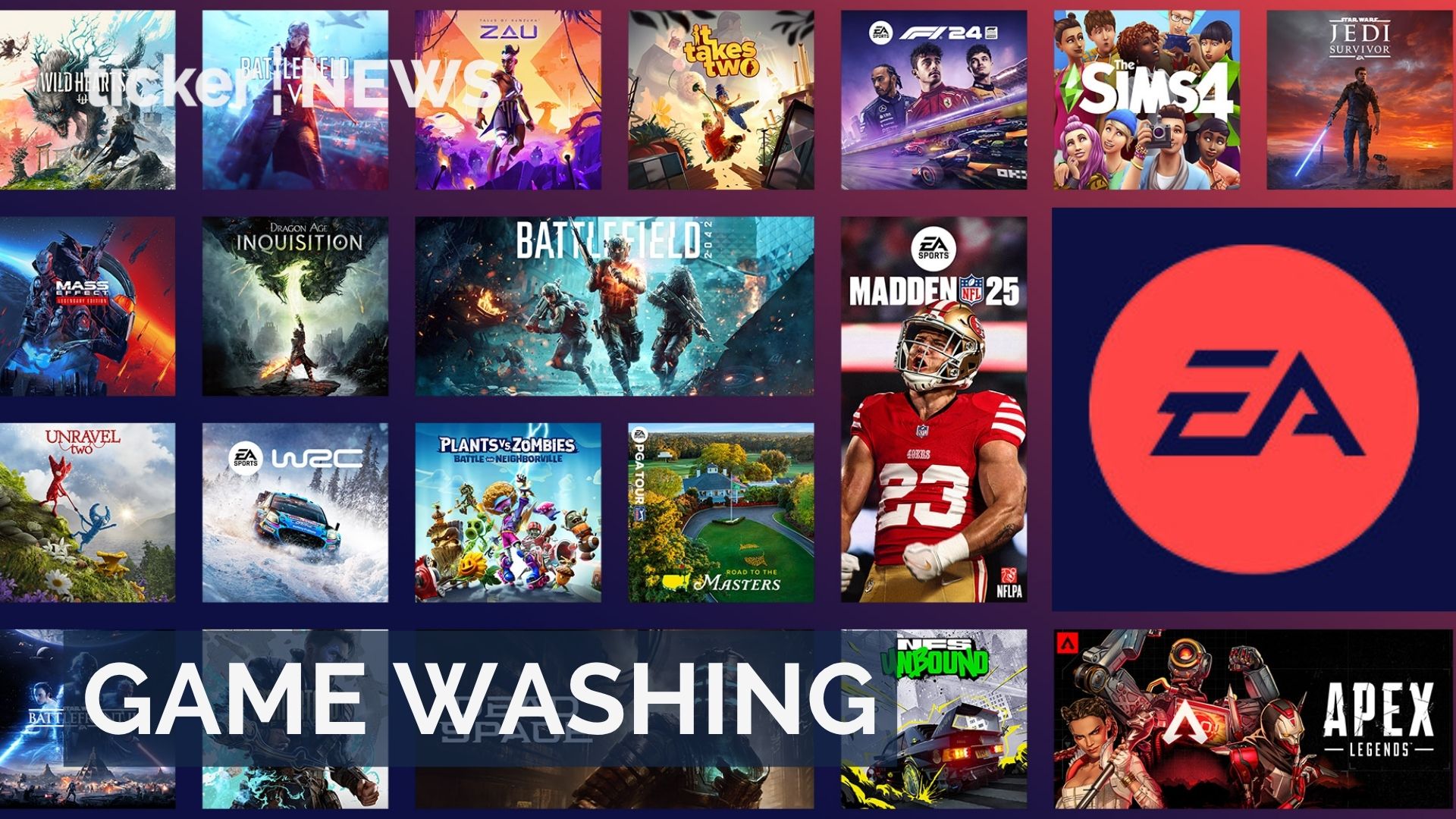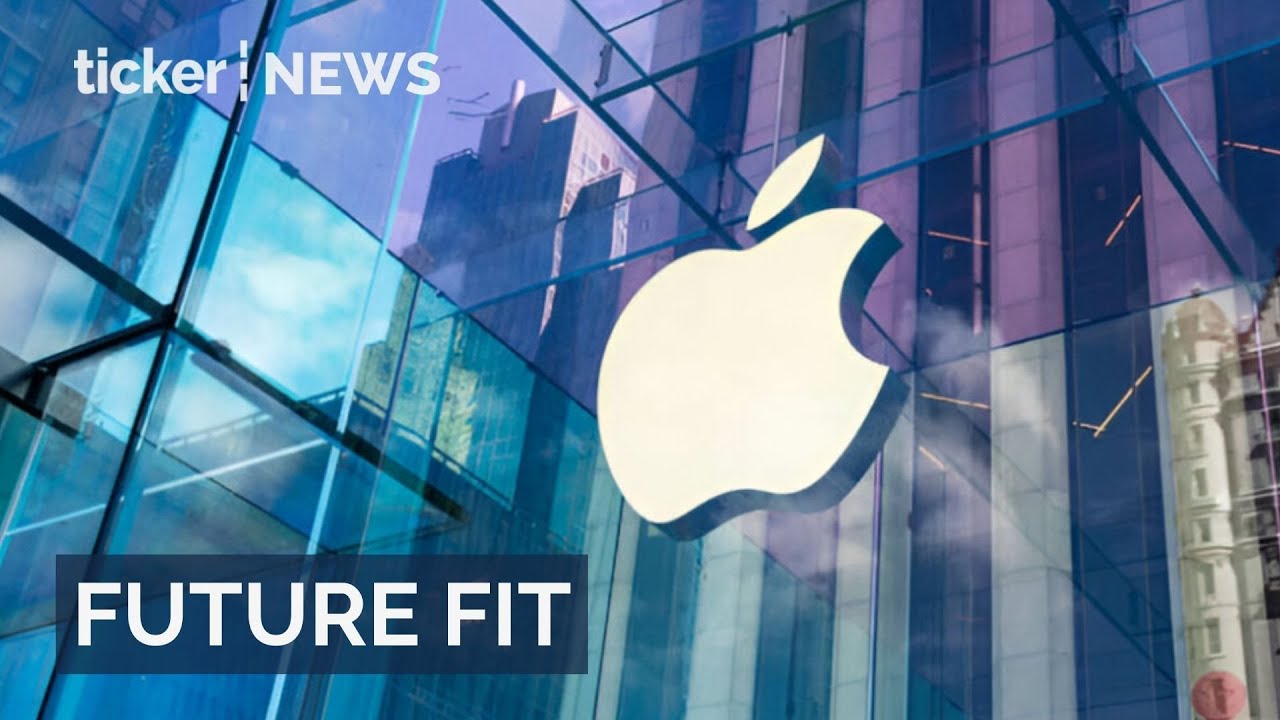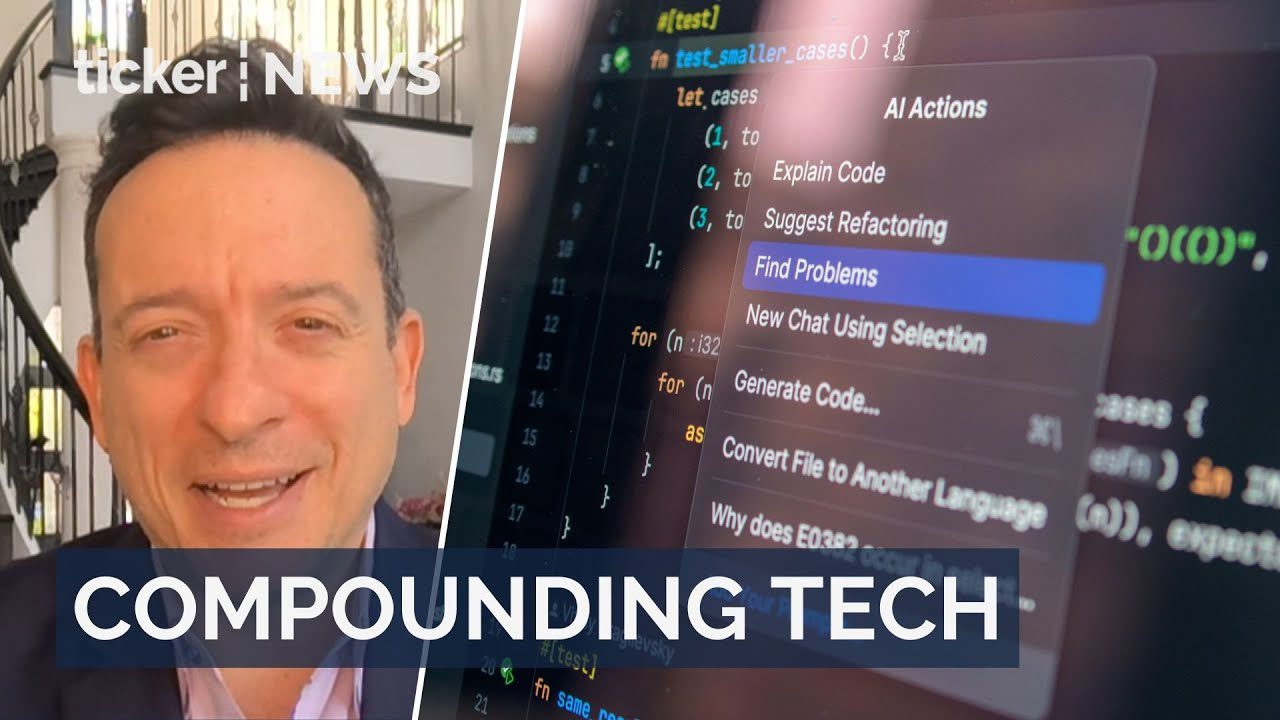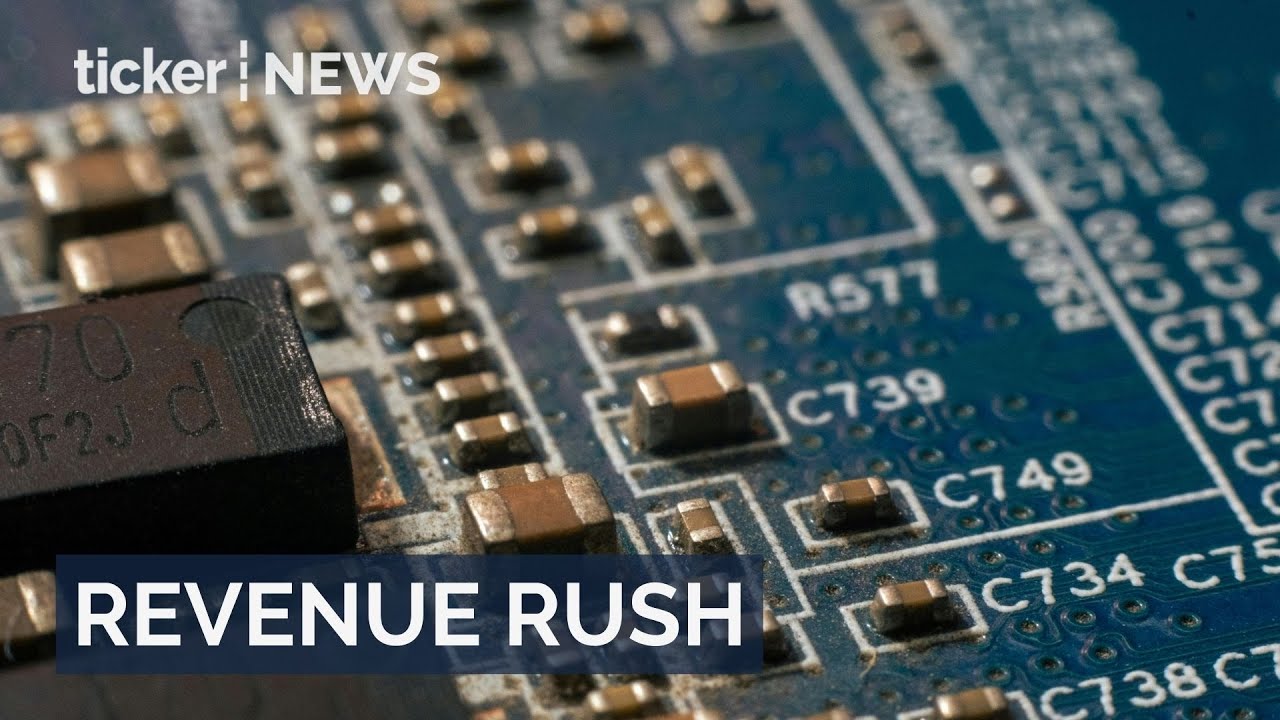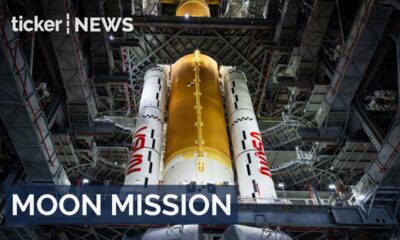Jacqueline Burgess, University of the Sunshine Coast
Video game publisher Electronic Arts (EA), one of the biggest video game companies in the world behind games such as The Sims and Battlefield, has been sold to a consortium of buyers for US$55 billion (about A$83 billion). It is potentially the largest-ever buyout funded by private equity firms. Not AI, nor mining or banking, but video games.
The members of the consortium include: Silver Lake Partners, an American private global equity firm focusing on technology; the Public Investment Fund (PIF), Saudi Arabia’s sovereign wealth fund; and the investment firm Affinity Partners, run by Jared Kushner, son-in-law of American President Donald Trump.
The consortium will purchase all of the publicly traded company’s shares, making it private. But while the consortium and EA’s shareholders will likely be celebrating – each share was valued at US$210, representing a 25% premium – it’s not all good news.
PIF acquiring EA raises concerns about possible “game-washing”, and less than ideal future business practices.
EA’s poor reputation
Video games are big business. The global video game industry is worth more than the film and music industries combined. But why would these buyers specifically want to buy EA, an entity that has won The Worst Company in America award twice?
It has been criticised for alleged poor labour practices, a focus on online gaming (even when it’s not ideal, such as in single-player stories), and a history of acquiring popular game studios and franchises and running them into the ground.
Players of some of EA’s most beloved franchises, such as The Sims, Dragon Age and Star Wars Battlefront II, believe the games have been negatively impacted due to the company meddling in production, and wanting to focus on online play and micro-transactions.
Microtransactions are small amounts of money paid to access, or potentially access, in-game items or currency. Over time, they can add up to a lot of money, and have even been linked to the creation of problem gambling behaviours. Unsurprisingly, they are not popular among players.
Current global economic stresses have affected video games and other high-tech industries. The development costs of a video game can be hundreds of millions of dollars. EA has reacted to its slowing growth by cancelling games and laying-off close to 2,000 workers since 2023. So a US$55 billion offer probably looked enticing.
Saudi Arabia’s investment spree
In recent years, the Saudi wealth fund has been on an entertainment investment splurge. Before this latest acquisition, PIF invested heavily in both golf and tennis.
It is a sponsor and official naming rights partner of both the Women’s Tennis Association rankings and the Association of Tennis Professionals rankings.
The wealth fund also helped establish the LIV Golf tour in 2022, in opposition to the Professional Golf Association (PGA). By offering huge sums of money, it was able to attract players away from the PGA. One player was reportedly offered US$125 million (A$189 million). This tactic worked; a merger was announced between LIV, the DPA (European golf tour) and the PGA (North American golf tour) in 2023, with PIF as the main funder.
PIF, via its subsidiaries, has also been acquiring stakes in other video game companies. For example, it is one of the largest shareholders in Nintendo, the developer behind Mario, and purchased Niantic (the company behind Pokémon Go) earlier this year for US$3.5 billion (A$5.3 billion)
Why does PIF want video game companies?
Live sport and video games have a few things in common: they are fun, engaging and entertaining. And being known for entertainment is good PR for a country that has been accused of human rights abuses.
PIF’s investment in sport has been called “sportswashing”: using an association with sport to counteract bad publicity and a tarnished moral reputation. Video games, with their interactivity and entertainment value, represent an opportunity for game-washing.
The fact EA owns many sports games’ franchises would also be a bonus, potentially allowing for further video game and sport collaboration. And the fact the video game industry is projected to keep growing globally makes it a good investment for an oil-rich nation looking to economically diversify.
Beyond game-washing concerns, we also need to pay attention to the type of buyout happening here. This is a “leveraged” buyout, meaning part of the purchase price – in this case US$20 billion (A$30 billion) – is funded as debt taken on by the company. So once the acquisition is complete, EA will have US$20 billion of new debt.
With all that new debt to service, it would only be natural to have concerns about more lay-offs, cost-cutting and increasing monetisation via strategies such as microtransactions. Ultimately, this would result in a poorer experience for players. It seems the more things change, the more they stay the same.![]()
![]()
Jacqueline Burgess, Lecturer in International Business, University of the Sunshine Coast
This article is republished from The Conversation under a Creative Commons license. Read the original article.


